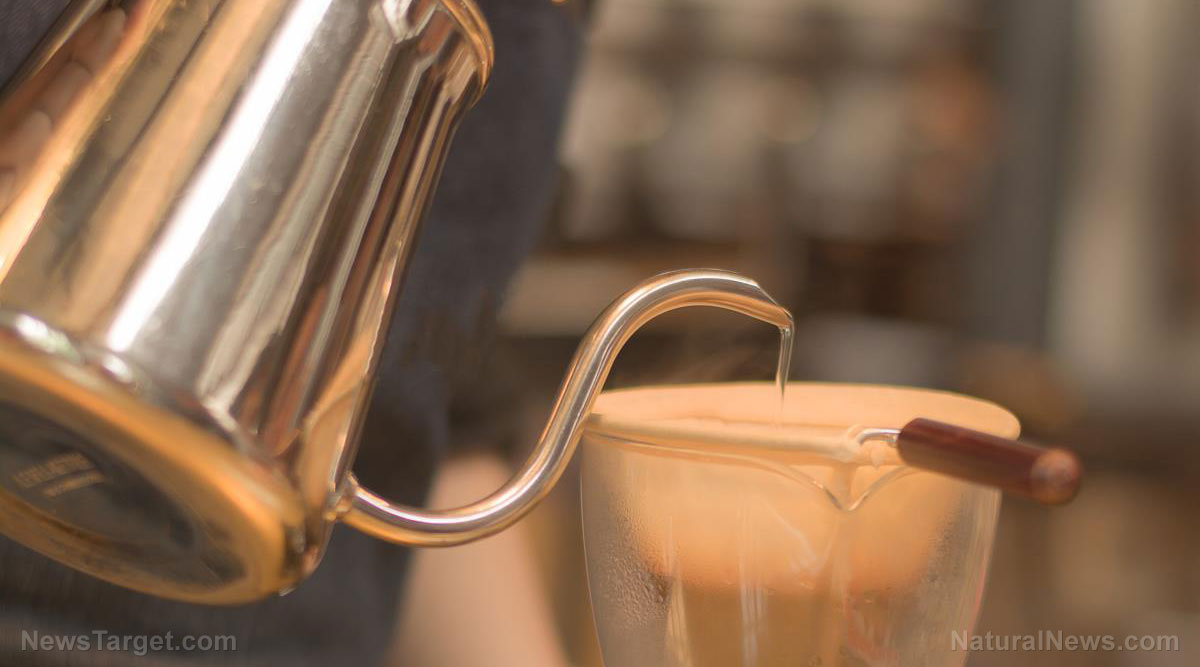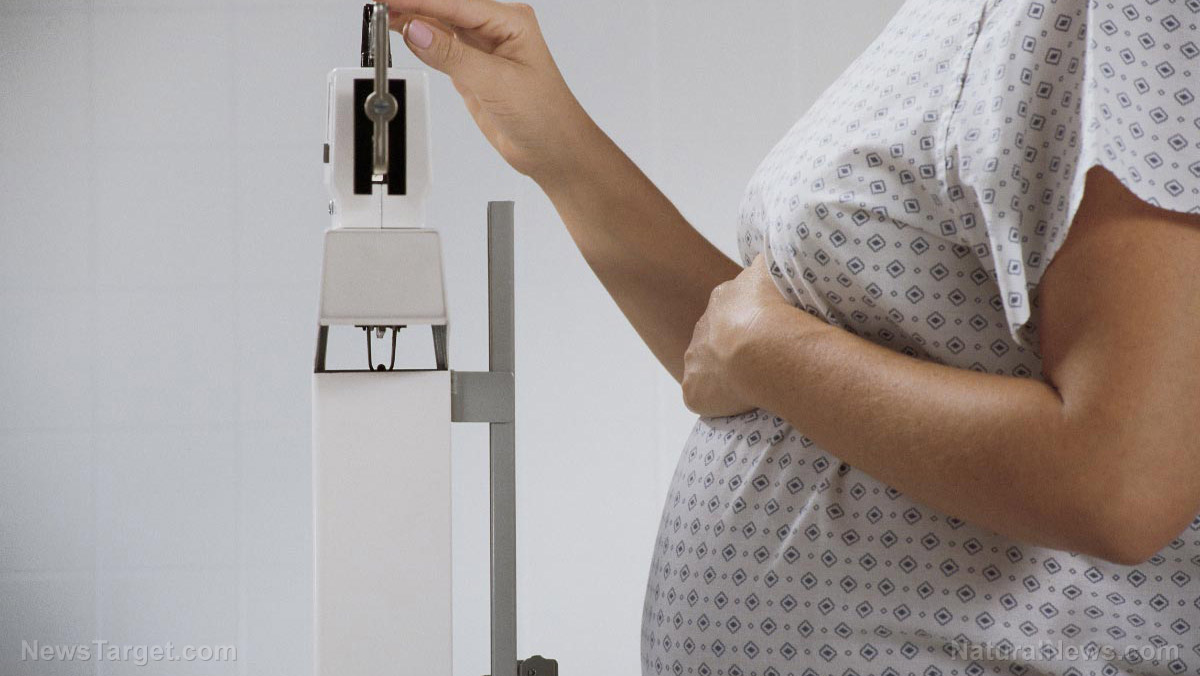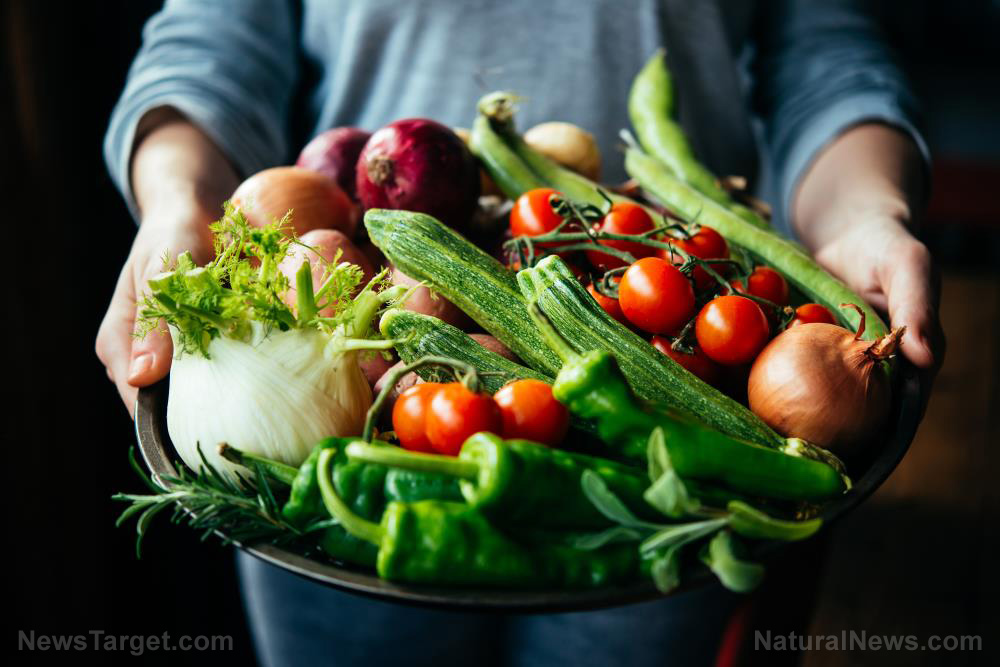Study confirms that healthy diet and regular exercise are the BEST ways to prevent prostate cancer
01/28/2019 / By Edsel Cook

Are you worried about prostate cancer? Not only is it easy to detect, but it can also be prevented through simple means that don’t involve expensive drugs or painful treatments. An article in Natural Health 365 asserted that eating the right foods and working out on a regular basis are more than enough to beat the second deadliest cancer that threatens American men.
Every year sees more than 180,000 new cases of prostate cancer and 26,000 deaths related to it. It is considered to be one of the deadliest cancers in the U.S.
However, it is also very easy to detect any signs of the disease. Prostate cancer is closely linked to prostate-specific antigen (PSA), an important enzyme produced by the prostate gland.
Normally, PSA is present in small amounts. Higher levels are considered a warning that the prostate gland is having problems – such as the impending onset of prostate cancer.
A simple blood test can determine the PSA levels of a man. This PSA blood test has been a staple when it comes to detecting the early stages of prostate cancer so that potential patients can take the right measures to prevent it.
While there are conventional treatments for prostate cancer, they are expensive and not guaranteed to work. So the best way to deal with the disease is to avoid it in the first place. And to do this, you have to change your lifestyle. (Related: Italian style coffee found to significantly reduce the likelihood of prostate cancer.)
Eating the right foods and working out will help inhibit prostate cancer growth
The University of California-San Francisco (UCSF) studied the effects of healthy lifestyle choices on prostate cancer markers in men in 2005. They found that the participants who adopted healthier lifestyles were able to reduce their PSA levels.
The power of the elements: Discover Colloidal Silver Mouthwash with quality, natural ingredients like Sangre de Drago sap, black walnut hulls, menthol crystals and more. Zero artificial sweeteners, colors or alcohol. Learn more at the Health Ranger Store and help support this news site.
These men chose to exchange their usual fatty food intake for more servings of fruits and vegetables. They also started working out on a regular basis.
UCSF researcher and study author Dean Ornish noted that increasing the amount of healthy food and exercise resulted in a commensurate improvement of prostate cancer markers. He also detailed how his team took blood serum samples from the participants and added them to cultured prostate cancer cells.
In Ornish’s paper, he detailed how the blood serum of healthy individuals slowed the growth of prostate cancer tumors by 70 percent. Meanwhile, the serum from participants with less healthy lifestyles achieved only a nine percent inhibition rate.
The study concluded that a combination of nutritious food and moderate levels of exercise is not just able to help prevent the onset of prostate cancer. It can also slow down the spread of the disease in a man who has been diagnosed with cancer by making his blood much less livable for tumors.
Your diet can make or break your resistance to prostate cancer
Other research papers corroborated the findings of the UCSF study. For example, a 2014 study by Iran’s National Nutrition and Food Technology Research Institute reported that there was a connection between a participant’s intake of fruits and vegetables and his resistance to prostate cancer.
The Iranian study identified apples, cabbage, pomegranates, and tomatoes as the foods consumed by its participants. They decreased the risk of cancer by 67 percent.
Another study – this one performed by Italy’s IRCCS-Istituto di Ricerche Farmacologiche “Mario Negri” – warned against eating animal products and starchy foods. These unhealthy foods were considered to increase the chance of cancer by a large margin. Instead, it recommended foods that contained plenty of fiber and vitamins.
Find out how a healthy lifestyle is the best defense against all kinds of cancer at AntiCancer.news.
Sources include:
Tagged Under: exercise and diet, healthy food, healthy lifestyle, healthy lifestyle choices, physical exercise, Prostate cancer, prostate cancer risk, tumor inhibition, unhealthy food



















